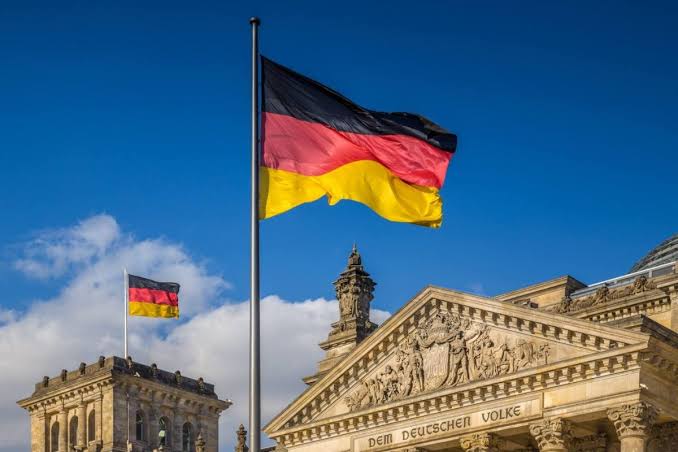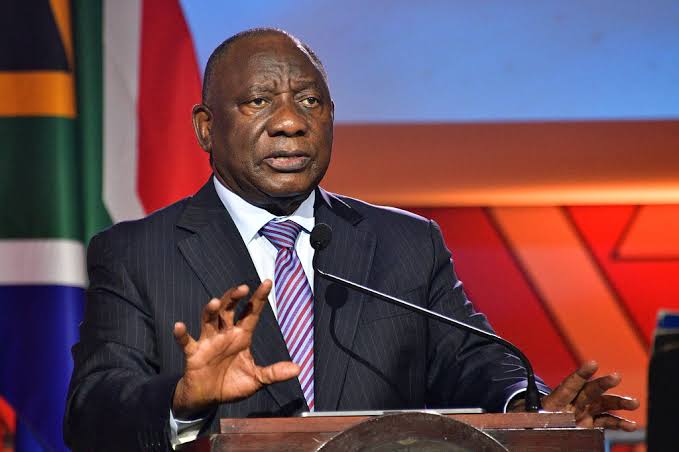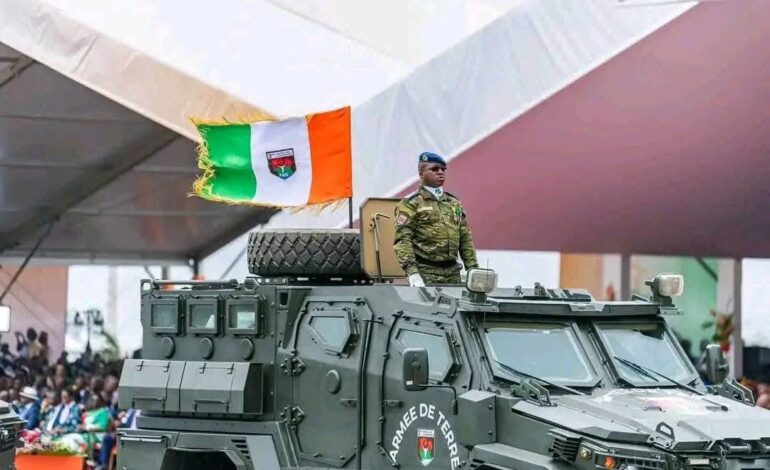
Faith Nyasuguta
Ivory Coast marked its 65th independence anniversary this week with a military parade in the central city of Bouake, just days after President Alassane Ouattara confirmed his controversial bid for a fourth term in the October presidential election. The celebration, which took place on Wednesday, was notable not only for its political undertones but also for the heavy security measures that kept most of the public at bay.
President Ouattara, 83, arrived in a military vehicle, waving to the crowd before reviewing the troops. Soldiers from France, the United States, and Morocco joined Ivorian forces in the parade, a striking display of the country’s ongoing military cooperation with Western powers at a time when many West African nations are severing such ties.
Ivory Coast has maintained close relations with France since gaining independence in 1960, even as anti-French sentiment has swept through the Sahel. Mali, Burkina Faso, and Niger have all expelled French forces in recent years, and France withdrew its last troops from Senegal in July 2025, ending its permanent military presence in West Africa. In Ivory Coast, France closed its final base earlier this year, but Ouattara remains a key ally of Paris, a stance that has earned him criticism from leaders in the Sahel who accuse him of siding with their adversaries.
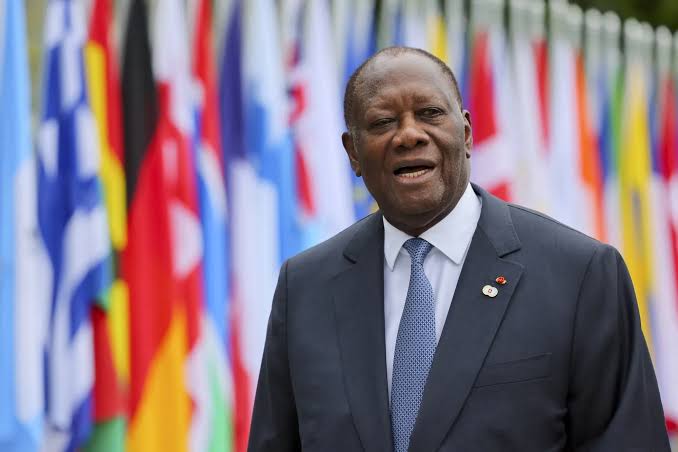
Ouattara’s decision to run again has reignited political tensions in the country. He first came to power in 2011 and amended the constitution in 2016 to remove the presidential term limit. In 2020, he won a third term after initially declaring he would not run again, changing course following the sudden death of his chosen successor, then – Prime Minister Amadou Gon Coulibaly. His latest candidacy has sparked debates over democratic principles and constitutional limits.
The political field ahead of the October polls has already narrowed. Tidjane Thiam, a former Credit Suisse CEO and one of Ouattara’s most prominent challengers, has been barred from running. The Ivorian Constitutional Council ruled against him on the grounds that he held French citizenship at the time he submitted his candidacy, despite later renouncing it. Ivorian law prohibits dual nationals from running for president.
Tensions between Ouattara’s government and opposition supporters remain high. Last Saturday, backers of Thiam had planned to stage a protest march in Abidjan but called it off after discussions with local authorities. The demonstration has been rescheduled for this coming Saturday, raising concerns about possible clashes.

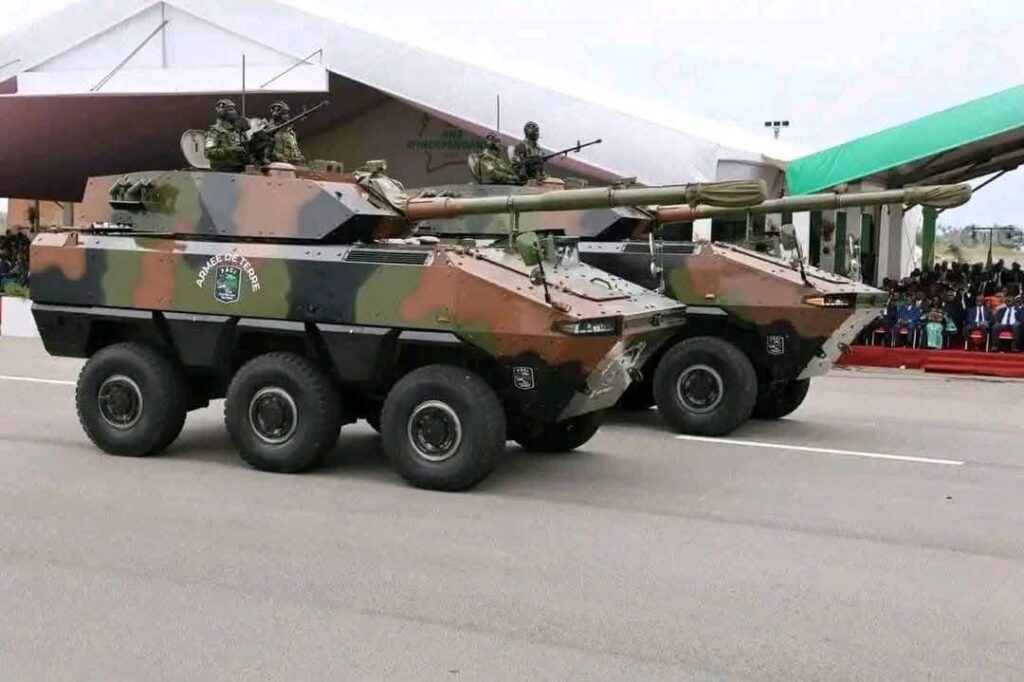
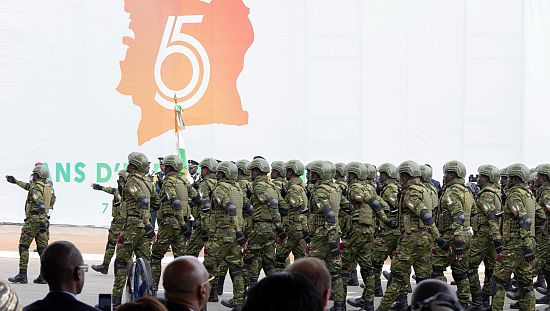
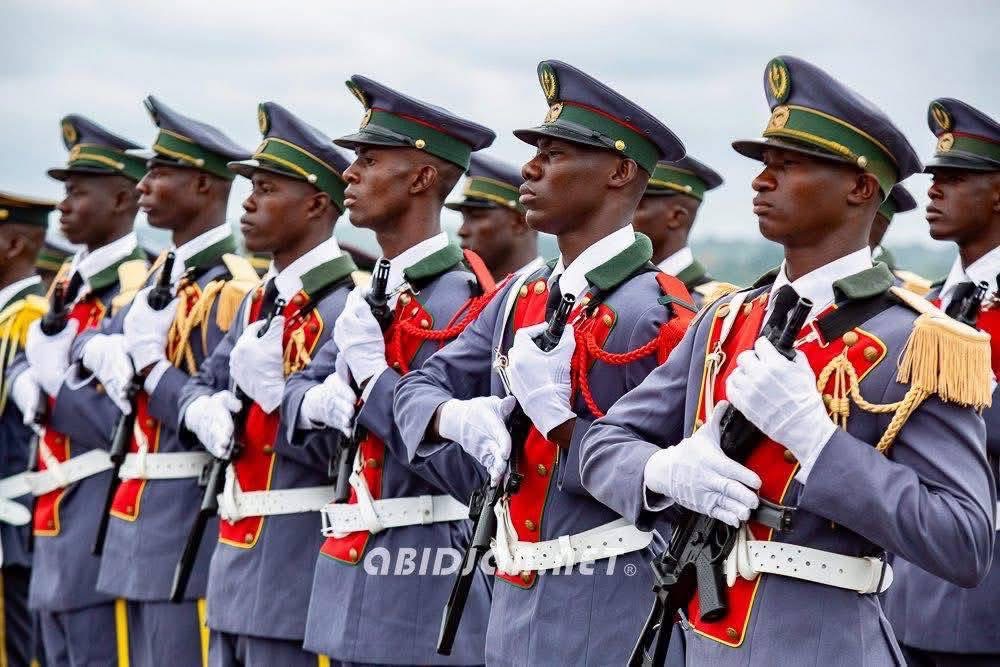
For many Ivorians, the independence anniversary was bittersweet – a reminder of the country’s achievements since breaking free from colonial rule, but also a reflection of unresolved political divisions. While the parade showcased the country’s military strength and foreign partnerships, it also underscored the complex political climate in which this year’s celebrations unfolded.
The October elections are expected to be closely watched both domestically and internationally, given Ivory Coast’s status as one of West Africa’s most stable economies and a key regional ally for the West. Whether Ouattara’s bid for a fourth term will solidify that stability or deepen divisions remains a pressing question for the nation’s future.
RELATED:






